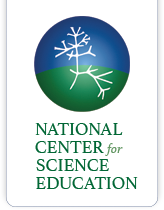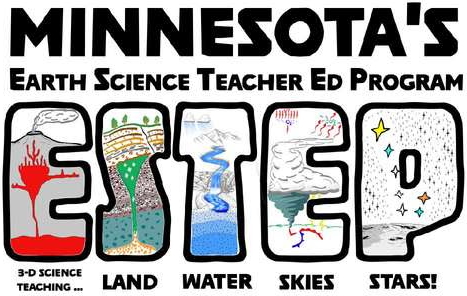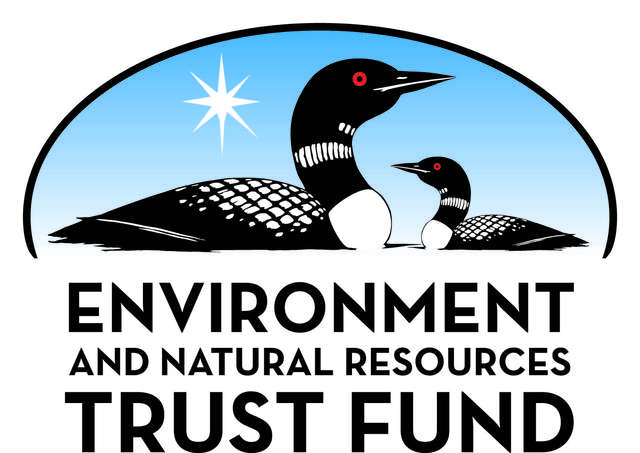Top > In the News... > Heartland Institute -- Sowing the Seeds of Doubt
 |
Forwarded from Lin Andrews, National Center for Science Education:
The Heartland Institute is up to its old tricks.
You’ll remember that in 2017, Heartland mailed unsolicited packets of misinformation about climate change, including a booklet entitled “Why Scientists Disagree About Global Warming” and a DVD, to science educators across the country -- possibly as many as 200,000. This provoked a storm of media coverage: Frontline’s reporting was excellent (and the leading reporter, Katie Worth, went on to write an excellent recent book, Miseducation: How Climate Change is Taught in America). And it also affected science teachers: some were amused; some were angry; some were confused.
Heartland’s outing in 2017 was not its first, and it appears that it won’t be its last either. According to a credible report at Daily Kos, Heartland plans to distribute 100,000 copies of a booklet entitled “Climate at a Glance” (PDF) in the spring of 2022. As the title suggests, the misinformation is supposed to be packaged in student-friendly easy-to-understand bite-sized nuggets. “These summaries,” Heartland brags, “cites mainstream sources such as NOAA, WHO, EPA, and others like them.” Of course, they wind up disagreeing with the evidence-based scientific consensus on climate change.
We think it’s essential for the science education community to be aware of and prepare for this campaign. We don’t think that it’s important to debunk “Climate at a Glance” point by point: that would not only be laborious but also take this collection of warmed-over misinformation too seriously. (From a quick skim, the bulk of its claims look to be already refuted at Skeptical Science.) We do think that it’s important to be prepared with talking points for the press and with a plan for responding to teachers in need of guidance and support in the wake of the booklet.
To avoid reduplication of effort and ensure a coordinated response, NCSE would be happy to collaborate in developing and publicizing talking points and a plan for helping teachers. It shouldn’t be very difficult since resources from 2017 could be adapted and updated for the purpose. For example, NSTA issued a letter (PDF) with a statement on the Heartland mailing and a list of resources, NCSE prepared several flyers explaining to teachers why Heartland’s materials are inappropriate for the classroom, and other organizations may have engaged in similar efforts (I apologize for not having them at my fingertips).
Let me know if any of you have any questions, and I will do my best to answer! Please help us protect climate science in the classroom.
Sincerely,









 Minnesota science teachers should know about:
Minnesota science teachers should know about: